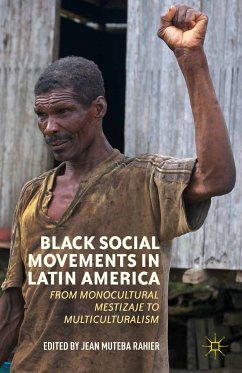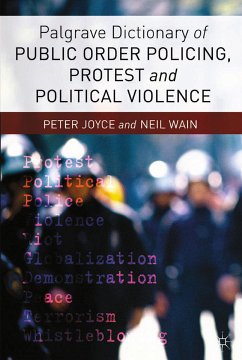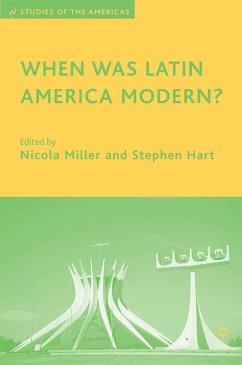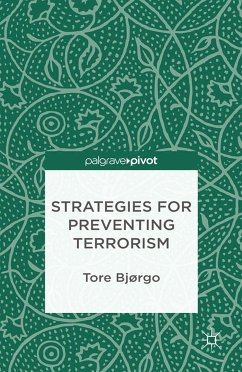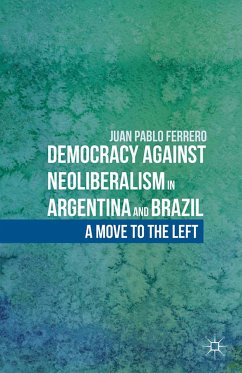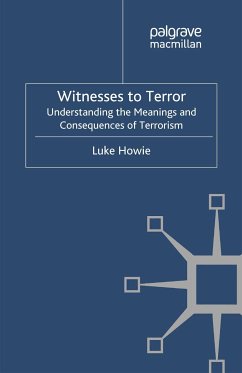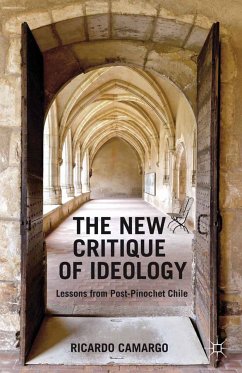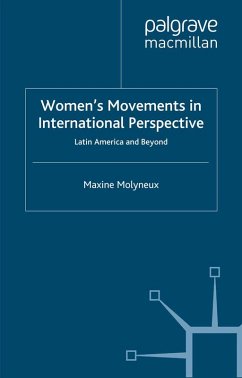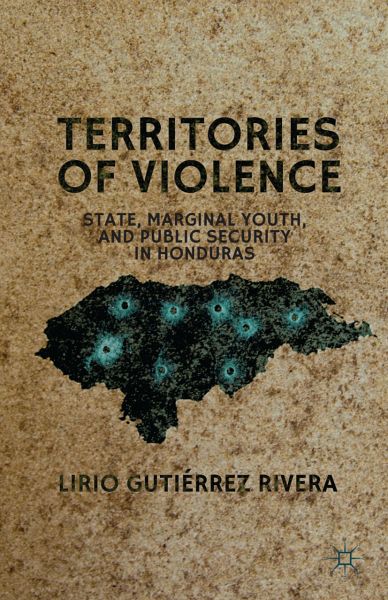
Territories of Violence (eBook, PDF)
State, Marginal Youth, and Public Security in Honduras
Versandkostenfrei!
Sofort per Download lieferbar
40,95 €
inkl. MwSt.
Weitere Ausgaben:

PAYBACK Punkte
20 °P sammeln!
This book examines the persistence of social violence and public insecurity in Honduras. Using a spatial perspective, the author looks at the Honduran state's security polices - known as Mano Dura - and the challenges authorities face. She points to the state's historical difficulty producing and ordering political territory and space.
Dieser Download kann aus rechtlichen Gründen nur mit Rechnungsadresse in A, B, BG, CY, CZ, D, DK, EW, E, FIN, F, GR, HR, H, IRL, I, LT, L, LR, M, NL, PL, P, R, S, SLO, SK ausgeliefert werden.



